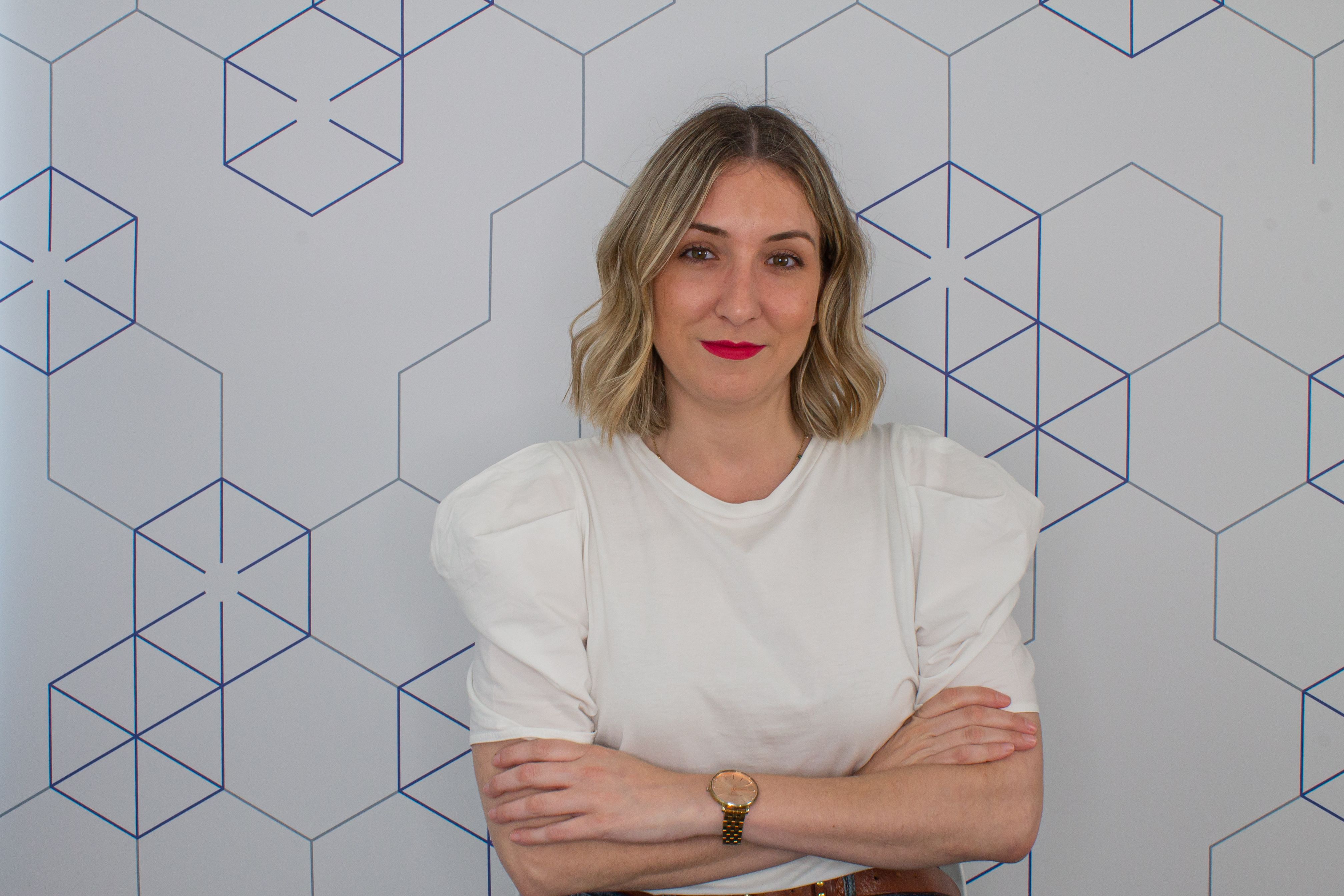It has been a few years since I started working actively in marketing for the cosmetics industry. And it was also a few years ago that I decided how I would approach it: always with science, honesty and transparency. This is why I almost jumped for joy when in 2019 I attended a Mintel talk in which they discussed long-term trends in the cosmetics sector and the so-called "positive marketing" appeared, which is nothing more than leaving aside the free-from claims to embrace the goodness of our products, i.e. what they can offer consumers. In short, it means focusing on the benefits that the use of a cosmetic will bring to the consumer and not on the denigration of safe ingredients such as sulphates or retinol.
Since my beginnings in this sector, I have been committed to communicating in a transparent and clear way and trying to bring the science behind cosmetic formulation closer to the people who read me, and I am still convinced that instilling fear through science, specifically through chemistry, is not the right way to reach consumers. Transparency, honesty, trust and everything always treated from a scientific point of view, helps consumers to be better informed and to choose a cosmetic according to their needs and ideals with freedom, thinking about their wellbeing as their main concern, without coercion and without phobias. This "positive marketing" was presented at the time as a great opportunity for brands to create spaces of trust and transparency, in fact some already did so years ago, others are starting to do so now.
Today, this trend has evolved a step further. Once again, Mintel, in its report "2024 Beauty & Personal Care Trends", indicates that 71% of Spanish adults think that brands should provide more scientific evidence to validate the claims they make. In other words, consumers want to know about efficacy tests, about formulation, in short, they want to know about chemistry, pharmacy and biology, among others. Isn't this a wonderful opportunity to unite positive marketing with science and make this sector even more professional? I'm all for it and I know that many colleagues in the sector are too.
I believe that a large part of the responsibility for the fact that negative claims are being abandoned lies with the real cosmetics influencers, profiles with scientific training who are dedicated to dissecting cosmetics and debunking hoaxes on social networks such as Instagram, TikTok or LinkedIn. These types of profiles help to rebuild consumer confidence, which has been eroded in recent years due to the proliferation of influencers capable of recommending any type of product without any criteria (much less scientific).
In my experience, in companies across the cosmetics value chain, collaboration between marketing professionals and those with scientific-technical knowledge is crucial: our tasks are not mutually exclusive, but must be performed under a common strategy set by the company's management. In this way, marketing initiatives will always draw on the correct, scientifically proven information, and this collaboration will result in mutual learning, greater transparency and a team feeling. Now is the time and those who continue to instil fear and promote chemophobia will be left behind. Because marketing is also for scientists.
